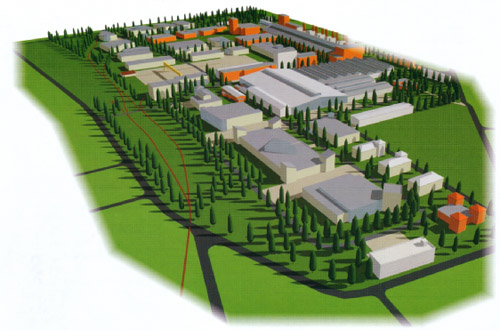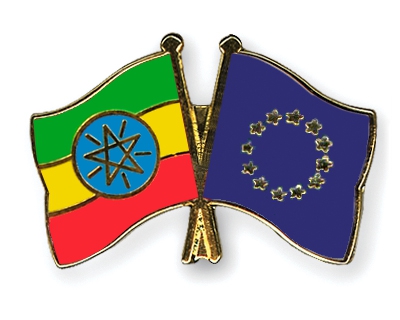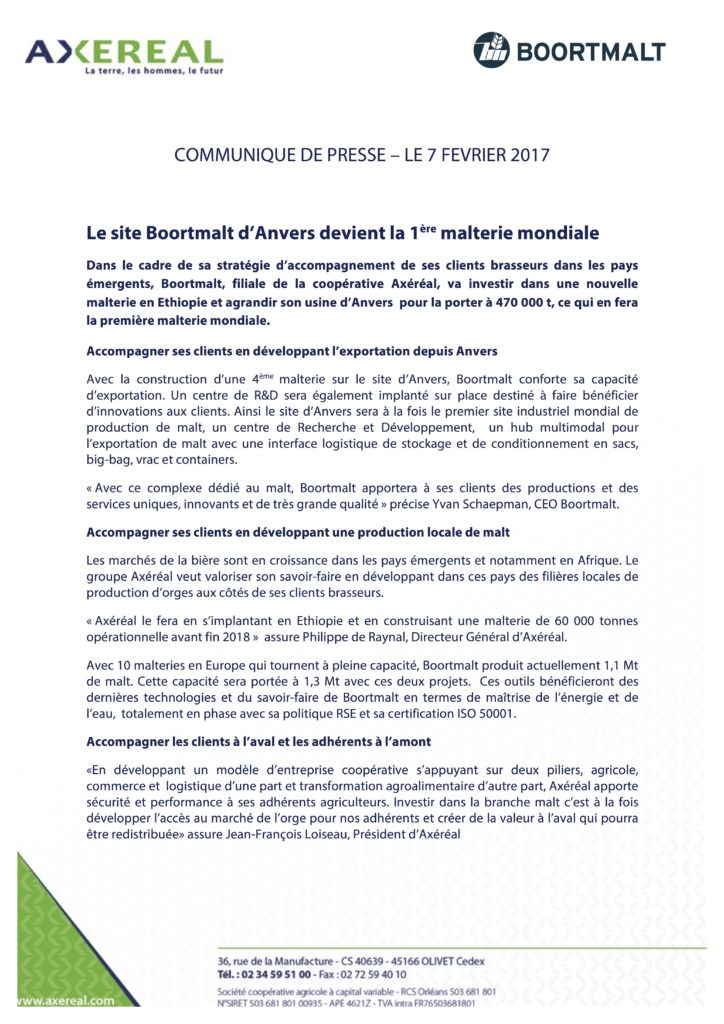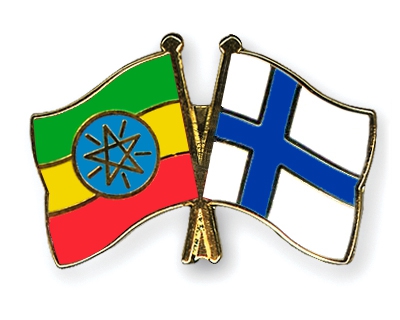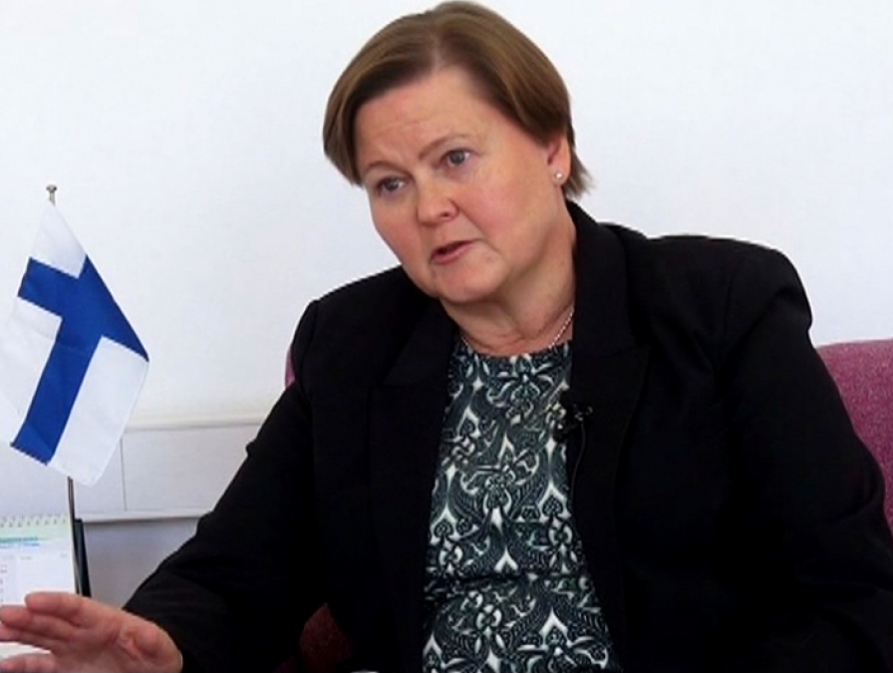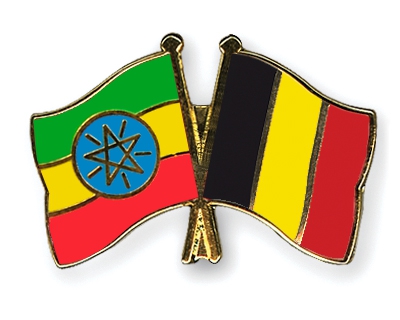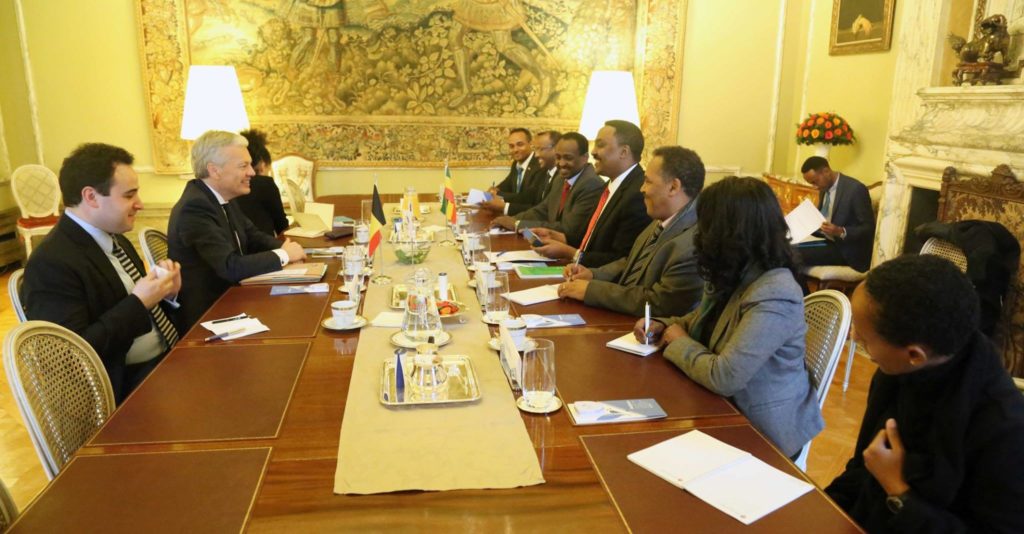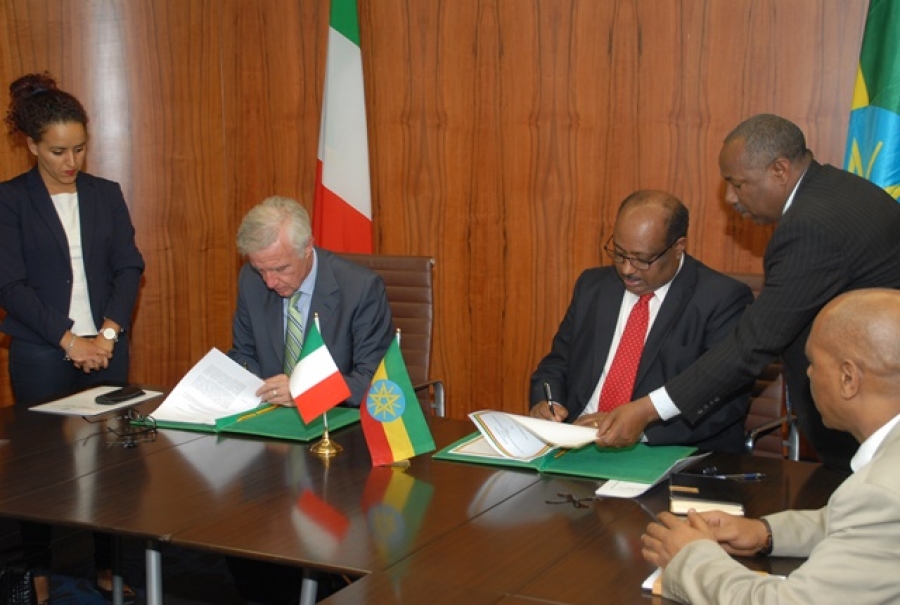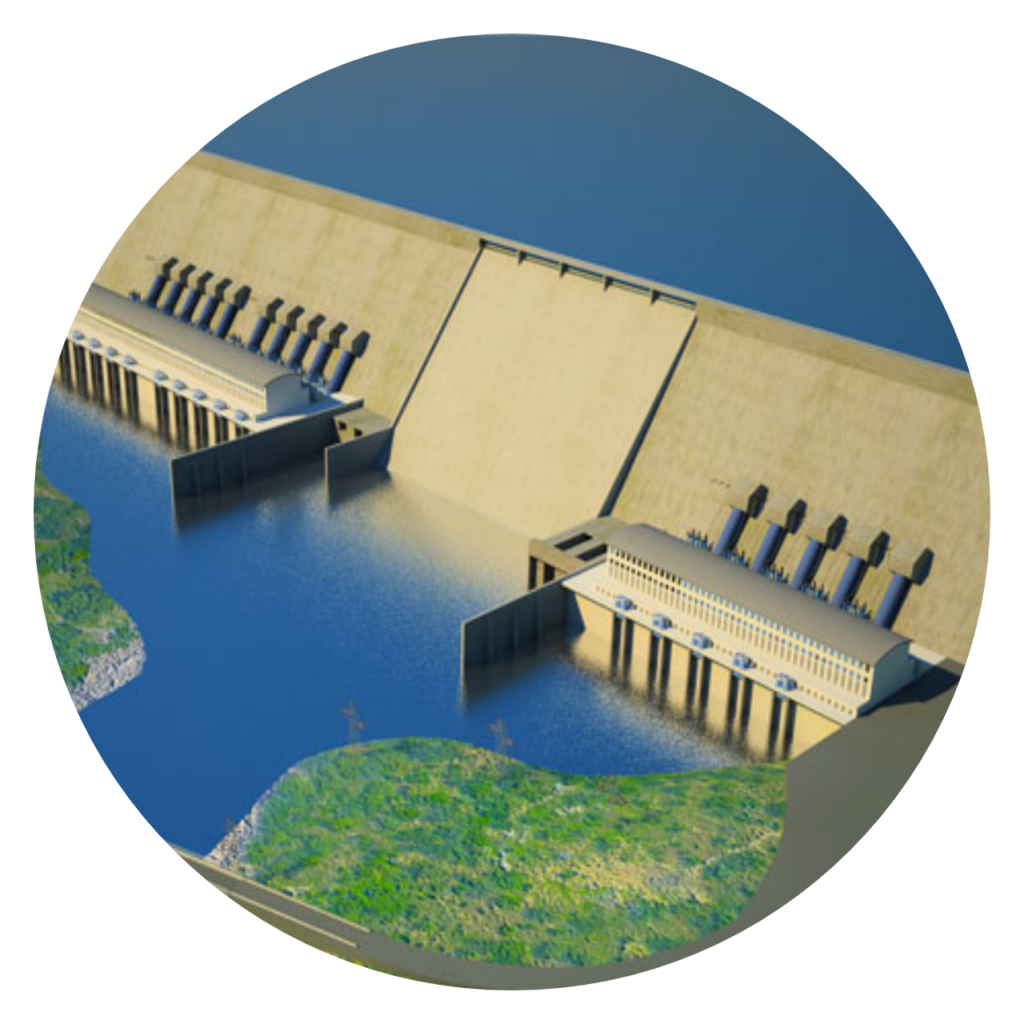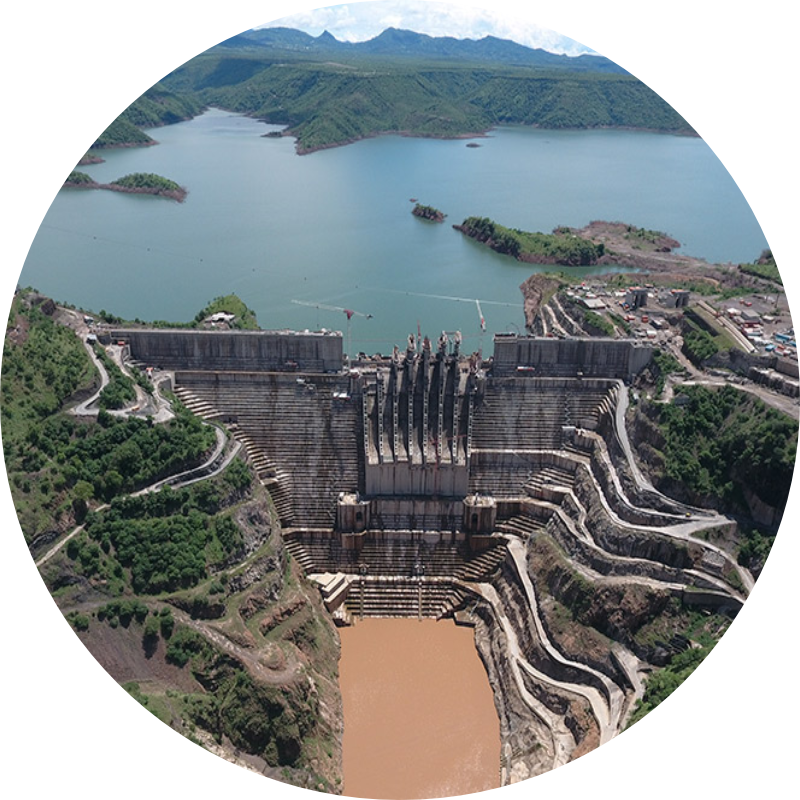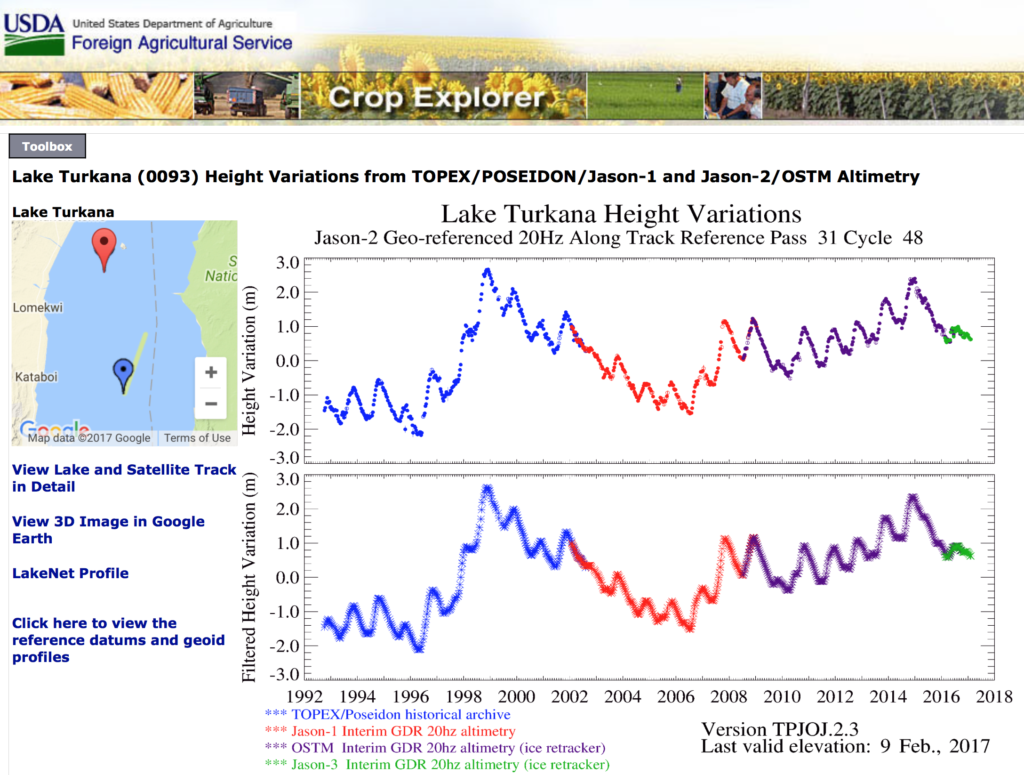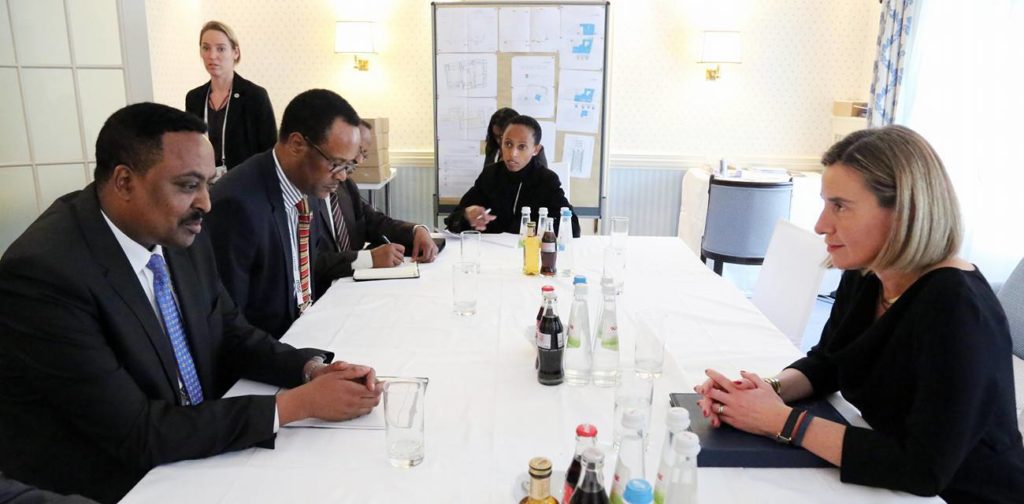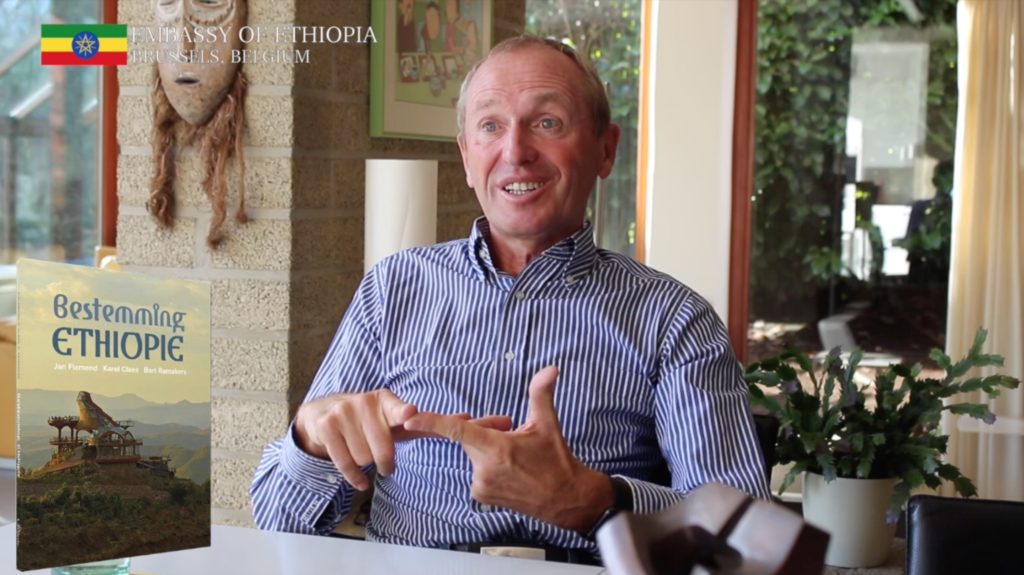On 20-21 February, Foreign Minister Dr. Workneh visited Brussels and held meetings with the Belgian Foreign Minister, Didier Reynders, and various EU officials. The Minister met with Mr. Reynders on Tuesday and discussed bilateral relations. They agreed on the need to further strengthen cooperation as their capitals were seats of their respective regional organizations, the African Union and the European Union.
Ethiopia is one of the EU’s most important partners on the African continent, active in regional peace and security as well as in thematic international debates such as climate change. Against this background, Dr. Workneh Gebeyehu held talks with Mr. Stefano Manservisi, Director-General DEVCO, on further supporting the efforts of Ethiopia to eradicate poverty, and foster inclusive and sustainable economic, social and environmental development through programmable development aid from the European Development Fund, as well as non-programmable development aid, projects funded by the EU Trust Fund, humanitarian assistance and concessional loans from the European Investment Bank. EU support to Ethiopia for the period 2015-2020 will exceed € 2 billion and rests on these five pillars. The two sides also looked at ways of maximizing the social and economic impact of development cooperation while ensuring sustainability, including improved alignment of EU donors with the Growth and Transformation Plan II and Ethiopia’s Climate-Resilient Green Economy Strategy.
Ethiopia, one of the countries most affected by the El Niño phenomenon, is experiencing its worst drought in 50 years following three failed rainy seasons. More than 5 million people are in need of emergency assistance and millions more across the continent are affected by the extreme weather conditions. Dr. Workneh thanked the EU Director General for Humanitarian Aid and Crisis Management, Ms. Monique Pariat, for earmarking 27.5 million Euros for emergency assistance in 2017. He called on the agency to support the region as the drought is intensifying.
Dr. Workneh met with Mr. Jean-Christoph Belliard, Political Affairs Director at EEAS and Ambassadors of the 28 EU member states. He briefed them on the current political situation and reform measures taken by the government to enhance its peace, development and democratization agenda. Ethiopia and the EU, he noted, share a vision for a peaceful, safe and stable Horn of Africa, a precondition for the political, economic and social development of the region as a whole. Given Ethiopia’s crucial stabilizing role in the Horn of Africa, the EU and Ethiopia share information, perspectives and lessons learned, and consult each other on issues of common interest. These include conflict prevention and resolution in the Horn of Africa and the broader region, the role of IGAD, the African Peace and Security Architecture and the African Peace Facility. They intend to enhance their cooperation to maintain the dynamic economic growth and ambition of Ethiopia to join middle income countries on the basis of its green and inclusive economic growth.
Foreign Minister Dr. Workneh Gebeyehu met with Dr. Patrick I. Gomes, Secretary-General of the ACP during his stay in Brussels and discussed the evolving role of the secretariat in regard to its relationship with the EU and also the global dynamic situation. The Minister assured the Secretary-General of Ethiopia’s readiness to assist the continued efforts of the secretariat to sustain the development of member states from Africa, the Caribbean and Pacific regions.
Dr. Workneh also met with the Ethiopian Ambassadors accredited to European states and discussed current issues in Ethiopia and the region. He briefed the Ambassadors on the reforms being undertaken in the country to strengthen good governance and institutional capacity issues and measures taken to enhance the business and investment climate. The discussion also focused on ways to transform the Foreign Ministry to effectively address the regional and global challenges that it faces and to meet the strategic goals put forward to achieve a middle income economy by the end of the next decade. The meeting agreed on the need to actively use all instruments of diplomacy and reform to help meet the expectations of the government and people of Ethiopia.
The relations between the EU and Ethiopia are founded on the Cotonou Agreement and have 40 years of constructive bilateral relations in areas as diverse as development cooperation, trade and economic development, consolidation of democratic institutions, regional peace and security and migration.
Source: A Week in the Horn
